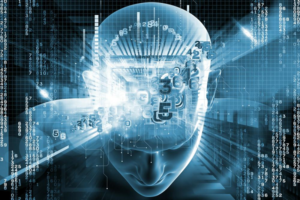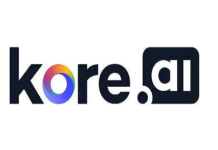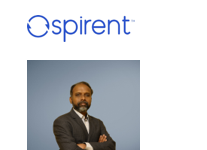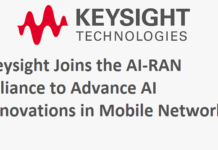
The relationship between population and healthcare is almost like an oxymoronic phrase. Advancements in healthcare and medicine result in an increase in the life span of human beings and consequently, the population increases over a long period of time. However, this increase in population poses a major problem to the very sector which was the cause of it. As the global population and more importantly, our country’s population, starts growing at alarming rates, there arises a major problem for governments to provide standard quality healthcare to each and every citizen belonging to that country, and for organizations such as WHO (World Health Organization), to every soul breathing. The problem is further enhanced by the fact that healthcare is a sector that requires not just adequate quantity or ‘reach’ to people, but also there are thresholds of quality below which we cannot go as it results in mishaps and in turn, possibly, death.
Artificial intelligence is one of the domains that has seen one of the steadiest progress in applications and a further promise for the future. It is one of the most in demand skills in industries right now and has seen applications in finance, education and transportation. Hence, it is no surprise that AI has been gazed upon to solve problems in healthcare too.
Artificial intelligence can help us in providing healthcare to regions which are remote and difficult to access by automating certain processes. For example, SigTuple, which is a startup in this sector specifically, describes its aim as “building intelligent screening solutions to aid diagnosis through AI-powered analysis of visual medical data”. The automated diagnostics can help in solving the major problem of the lack of pathologists and their unavailability in rural areas especially. This can help in early detection of illnesses and diseases in these areas and help in raising the level of quality drastically.
The Wadhwani Institute of Artificial Intelligence which was inaugurated by the Prime minister in February, is partnering with the government of Maharashtra in its mission to create AI solutions for social impact. The institute has asserted that healthcare will be one of the major domains where they will be looking to solve problems, “A big advantage of AI in healthcare is that it can help where there is a scarcity of human resources, which is in the case of many rural areas. AI feeds on examples and patterns buried in data, and this could be a huge help in areas where there is a shortage of medical expertise. Even health workers with not much experience can benefit.”, said Dr. P. Anandan, CEO of the Institute.
Artificial intelligence can also be used in predictions by accumulating and carrying out a detailed analysis of data on environmental factors in different regions, and hence to foresee the arrival and spread of diseases, or help improve nutritional intake by tracking regular inputs. Hence, AI can be used at these two levels of healthcare but further research is being carried out to determine more uses.
AI can not only help in reaching remote areas and fill the absence of medical personnel, but also help in reducing strain on them in the urban areas. Last year, an artificial virtual assistant specifically for patients and healthcare providers was unveiled by Nuance Communications. Based on the Nuance Virtual Assistant platform, the software can enable conversational dialogues and pre-built capabilities that automate clinical workflows. The healthcare virtual assistant includes voice recognition technology designed for healthcare, voice biometrics and text-to-speech, EHR integrations and strategic health IT relationships, a prototype smart speaker customized for healthcare use-cases and a secure platform. This can reduce burnout in physicians and help reduce their stress as healthcare is one of the sectors with a high number of cases of anxiety and depression triggered by shiftwork and long working hours.
Talking about mental health, emotional intelligence indicators using AI-based virtual assistants are also being developed. These indicators operate by picking up cues in speech, inflection or gesture to assess a person’s mood and feelings. This shows AI is also making inways into the mental health aspect of patients along with physical care.
As proven with examples mentioned above, there is no doubt in the industry about the scope of AI in healthcare and medicine. Rather what is so attractive about this proposition is that the technology and sector is perceived to be as a match made in heaven. The issue with the present day healthcare system is that patients lack knowledge and control over the medical procedures carried out, which inhibits finding and switching to cheaper alternatives. However, with access to vast amounts of data and the use of artificial intelligence, they can be bestowed with both of these factors and be in better a position to take care of themselves. It will be interesting to see the exact course artificial intelligence takes in the vast stream that is healthcare, but it is evident whatever course it is, it will play a major role and help solve problems in the future.
DJ Spark is an annual state level project-based technical paper presentation competition organized by IETE-SF of EXTC Department, D.J. Sanghvi College of Engineering. Projects such as ‘Knee Rehabilitation Monitor’ amongst others were displayed last year and the competition is set to take place on 13th April this year.


















